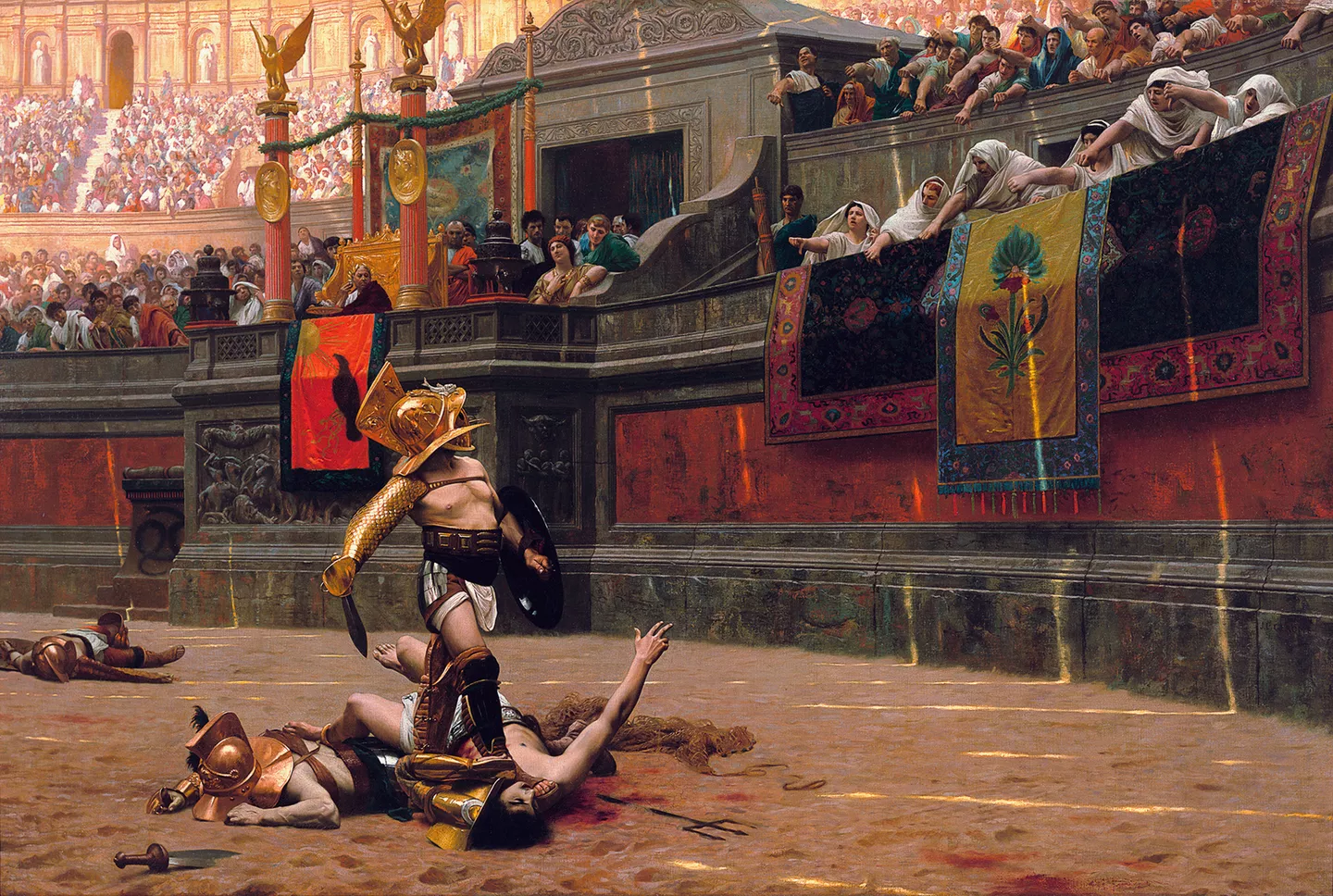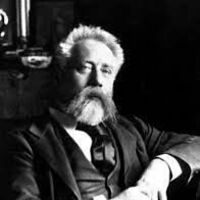
Invictus
By Maria Langstaff
The poem "Invictus", written by William Ernest Henley, has significant parallels to the author’s own life struggles. "Invictus" is a classic piece of literature and was an inspiration to Nelson Mandela, a man who helped bring equality to South Africa. Winston Churchill and Martin Luther King Jr. were also known to quote this poem. In 2009 Clint Eastwood directed a film, Invictus, based on Nelson Mandela’s first year in office, with the poem’s themes woven throughout the fabric of the story (Invictus (2009) - Synopsis).
Parallels Between "Invictus" and Henley's Life
"Invictus" was written by Henley when he was in the hospital with tuberculosis. While in his twenties he contracted a tubercular infection that led to his leg being amputated below the knee. Later he developed the same infection in his other leg and was told it would have to be removed as well. Henley refused to have it amputated and sought the help of a doctor who had developed antiseptic medicine. Twenty months later Henley had finally recovered and was able to leave the hospital. It was during this dark time in his life when he wrote "Invictus" (Invictus: A Study Guide). When you read the poem you can see how passionate he felt: “I thank whatever gods may be / For my unconquerable soul” (Henley). Instead of succumbing to despair, Henley was able to be thankful that, though his body was beaten, his soul wasn’t.
Even in the midst of horrible circumstances, Henley refused to let life defeat him, but instead he rose up and fought back: “In the fell clutch of circumstance / I have not winced nor cried aloud” (Henley). He did not waste his time despairing over what he had lost, but instead focused on getting better. You can also see how desperately determined he was: “I am the master of my fate / I am the captain of my soul” (Henley). He refused to submit to the idea that someone else was in control of his life. In the poem he cites “the bludgeonings of chance,” which shows he felt it was simply fate that this happened to him, and yet he went on to defiantly state that he was in control of his own destiny (Henley). By looking closely at "Invictus", you can clearly see the struggles that Henley went through in his own life.
The Main Themes
The theme of "Invictus"is one that appeals to most people. It is the idea that you control your fate more than anyone else ever will. In a world that cares nothing for us and often seems to be trying to destroy us, we can overcome all odds and be victorious because we, and we alone, are masters of our own fate. This is proven through the circumstances that the poem was written under. Instead of submitting to the original prognosis of the doctors and having his other leg removed, Henley chose to take charge of his life, find a new doctor, and ultimately change the course of his life (Invictus: A Study Guide). The theme is one of triumph and survival. This theme was carried over into the film Invictus. It can be seen in Nelson Mandela’s rise from prisoner to President, in the rugby team’s climb from national embarrassment to national champions, and in South Africa’s transition from apartheid to unity (Invictus (2009) – Synopsis). Despite all odds, despite all expectations, they took control of their destinies and came out victorious.
"Invictus" is a powerful and well written poem, and it is made so because of how it so perfectly relates to the author’s life. The fact that Henley wrote this during a dark time in his life added a wealth of emotion to the poem; he was writing from his heart and it was obvious. The overarching theme of the poem is relevant to everyone because when it comes down to it, we all want to feel like our life actually has meaning and is not just a sum of chance circumstances and happenings.
References
Maria Langstaff — http://suite101.com/article/an-analysis-of-william-ernest-henleys-poem-invictus-a355016(1875)





























